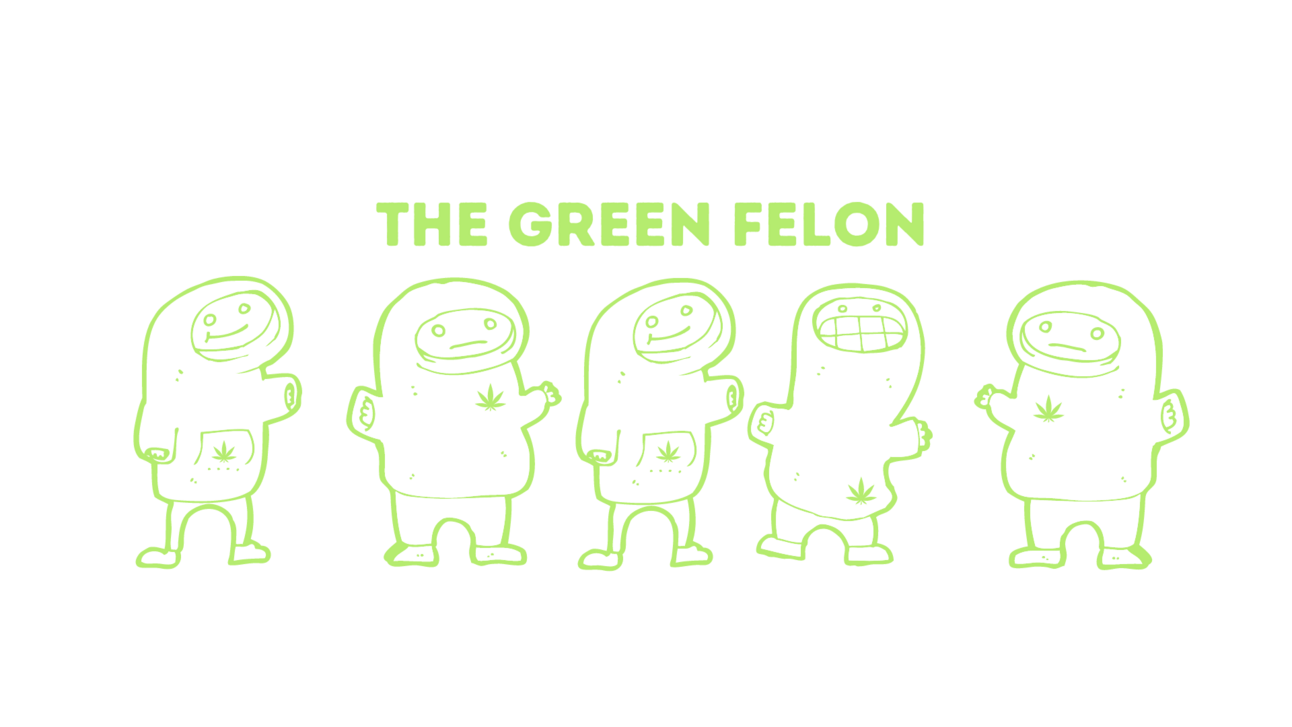
News 📱 Highlights:
Tanasi: Early evidence 🖨️ suggests that CBD tolerance does not build up over time; some users may even experience reverse 🔄 tolerance, requiring less CBD ✳️ to achieve the same effects. doccbd.com
Restart ▶️ CBD: Unlike THC, CBD may produce a "reverse tolerance," meaning that over time 🕚, users might need less CBD rather than more to experience similar effects 🌀. restartcbd.com
Muscle 💪🏿 MX: CBD might display what's known as "reverse tolerance," implying that as one ☝🏻 continues using CBD, they might require progressively less to achieve the same effects ♒️. CannaLogue

Quick Read 🤓:
CBD Tolerance vs. THC Adaptation 🧿 – Unlike THC, which induces CB1️⃣ receptor downregulation, CBD interacts with the endocannabinoid system in a more nuanced manner, potentially leading to reverse ↩️ tolerance rather than requiring escalated dosages.
Metabolic Modulation ☄️ and Enzymatic Influence 🏺 – The liver’s cytochrome P450 enzyme system plays a pivotal role in CBD 🎄 metabolism, and habitual use may enhance efficiency, altering the required dosage without necessarily increasing 📶 dependency.
Determinants of Cannabinoid Sensitivity ⚔️ – Factors such as bioavailability variations, genetic 👖 predispositions, and administration methods critically impact how individuals respond to prolonged CBD 🦚 use, making tolerance highly individualized.
Optimization Strategies for Sustained Efficacy 🏵️ – Cycling intake, microdosing methodologies, and co-administration with terpenes or fatty 🐡 acids can bolster CBD absorption and mitigate 🤚🏽 the necessity for dosage escalation.
The Paradigm of Cannabinoid Adaptation 🔮 – Scientific discourse suggests that CBD’s 🧼 pharmacokinetics defy traditional tolerance models, raising questions about the distinct and possibly underestimated complexities of cannabinoid 🍃 interactions within human physiology.

CBD 🧃 Tolerance: Do You Need More Over Time for the Same Effects? ♻️
If you’ve been regularly indulging in cannabidiol (CBD) 🍀, you may have noticed something peculiar: the effects don’t seem as potent as when you first started. Does this mean your body has developed a tolerance 🙅🏾♀️, requiring more CBD for the same impact? Or is something else at play? Unlike THC 🌾, which binds directly to CB1️⃣ receptors 🎯 in the brain, CBD operates indirectly, influencing the endocannabinoid system 🔬 in more complex ways. Because of this, the idea of building a significant tolerance to CBD remains a subject of scientific debate 🗣.
They found that tolerance to CBD does exist, which called into question its long-term effectiveness as an antiseizure treatment in patients with epilepsy."
Tolerance 🆚 Reverse Tolerance
The body typically develops tolerance 🚧 to substances through one of three mechanisms: receptor down regulation 🧩, enzyme induction ⚗️, or increased metabolism 💥. With THC, frequent use results in CB1️⃣ receptor downregulation, meaning the brain becomes less responsive over time. However, CBD does not bind to CB1️⃣ receptors in the same way, leading researchers to suggest that users may actually experience reverse tolerance instead. This means that over time ⌚️, the body may become more efficient at utilizing CBD 🌴, potentially requiring less rather than more.

The Role of Enzymes in CBD Metabolism 🏭
The liver 🩸 plays a significant role in how the body processes CBD 🐸. The enzyme cytochrome P450 (CYP450) is responsible for metabolizing CBD, just as it does with many pharmaceuticals 💉. Regular CBD users might see their CYP450 system adjust, making CBD more efficiently processed 🌡️. This adaptation could explain why some people feel they need higher doses over time, while others experience a plateau 🎢 or even require lower amounts for the same effects.

Factors That Influence CBD 🫑 Tolerance
Many variables determine whether an individual will develop a form of CBD tolerance ⚠️, including:
Dosage and frequency 📆: Higher doses taken frequently may lead to metabolic adaptations.
Consumption method: Inhalation 👃🏾, sublingual drops 💦, and edibles 🥮 all have different bioavailability rates.
Individual metabolism 👄: Some people process cannabinoids faster than others.
Genetics 🕺: Variations in the genes responsible for endocannabinoid system function can influence response levels.
Product quality 🎗️: Full-spectrum CBD 🏅 may require lower doses due to the entourage effect, while isolates might demand higher amounts over time.

Strategies to Prevent Tolerance Build-Up 📖
If you’re worried about developing CBD tolerance, here are some evidence-based ways to maintain effectiveness 🏆:
CBD Cycling 🚴♂️ – Taking periodic breaks from CBD can reset your system, preventing receptor desensitization 💭.
Dose Variation 🎛️ – Instead of maintaining a static dose, try microdosing or alternating dosages to keep your system responsive.
Switching 👈🏾 Products – Trying different spectrums, such as full-spectrum 🥼 vs. broad-spectrum, may help optimize effects.
Enhancing Absorption 🧽 – Taking CBD with fatty foods can improve bioavailability, making lower doses more effective.
Combining with Terpenes 🌺 – Specific terpenes like myrcene and limonene can modulate CBD’s impact, potentially reducing the need for higher doses.

Do You 🙋🏼♂️ Need More CBD Over Time?
The short answer? Not necessarily. While some users report increased ➕ dosing over time, this is often due to changes in metabolism or consumption methods rather than true tolerance 🌠. Unlike THC, where chronic use necessitates higher quantities for the same effect ⚡, CBD appears to either maintain its efficacy or, in some cases, require less over time.
For those experiencing a diminished effect 💔, adjusting variables like product type, dose timing, and dietary habits 🥗 can help optimize the experience. Rather than continuously increasing intake, strategic consumption adjustments may be the key 🔐 to sustained benefits.
If your body adjusts to CBD 🌻 differently than it does to THC, does that mean we’ve underestimated how uniquely cannabinoids interact with the human system 🕹️?
✅ Make Moves 👯♀️

The information provided in this newsletter is for informational purposes only and does not constitute medical, legal, or professional advice. Always consult with a qualified professional before making any decisions based on the content shared here.

